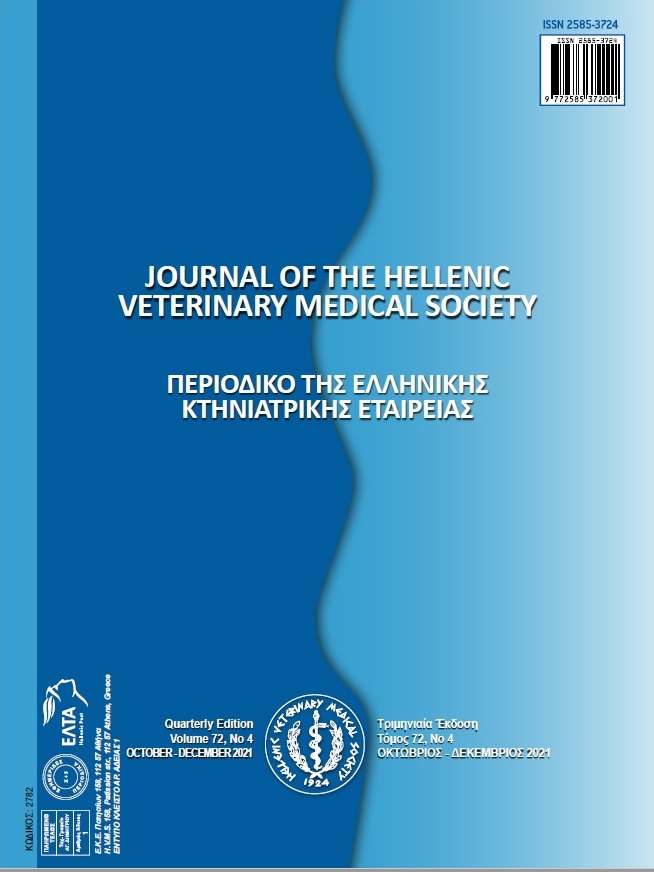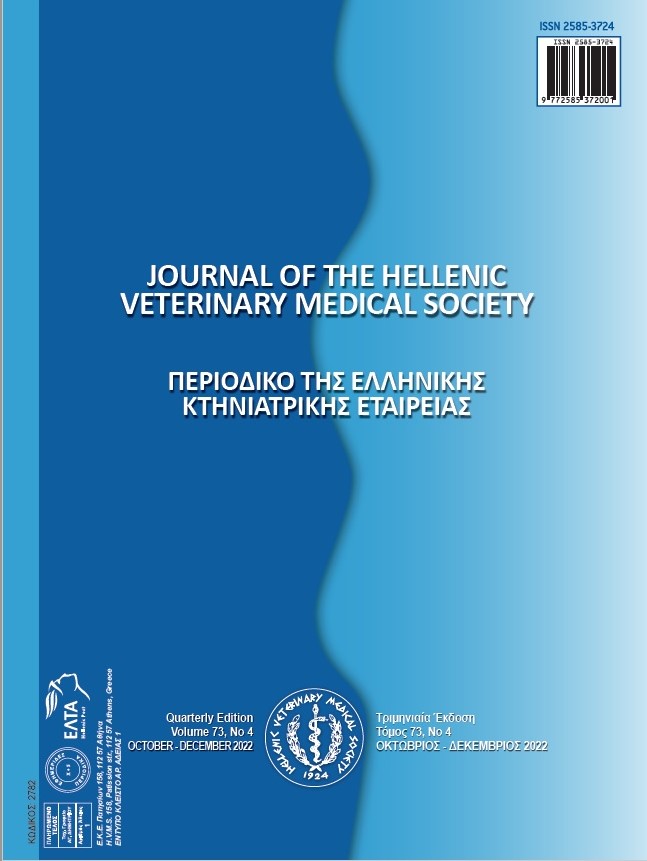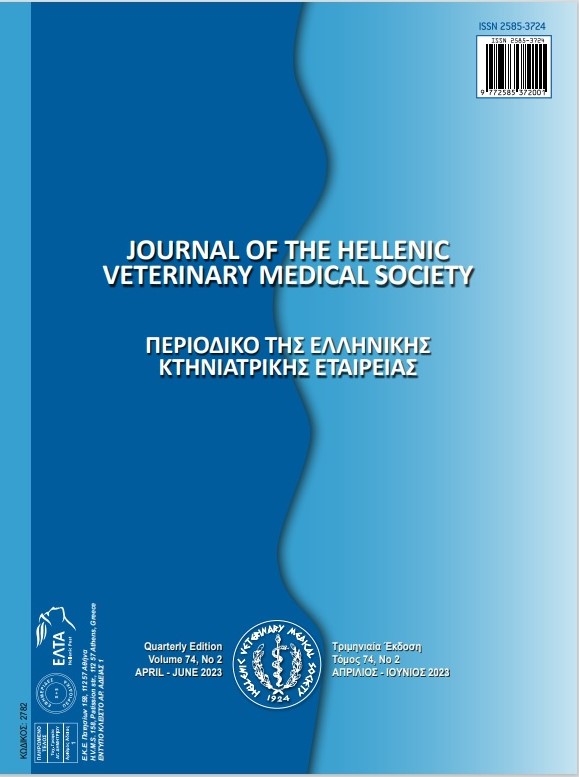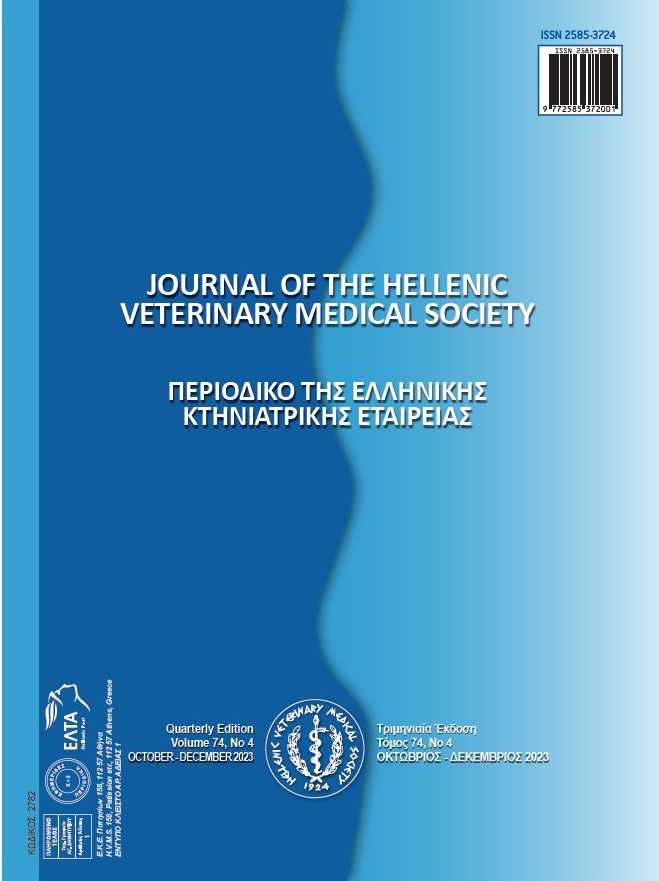Effect of the addition of bee pollen to the diet on performance, eggshell quality and serum parameters in layer quails

Abstract
This study was carried out to determine the effect of bee pollen addition to quail diets on performance, eggshell quality and serum biochemical properties. In the experiment, 120 quails aged 70 days were randomly distributed to 6 treatment groups with 4 replicates. The quails were fed for 10 weeks with 6 trial diets with 0, 2, 4, 6, 8 and 10 g/kg bee pollen added. The body weight change, egg production, egg weight, egg mass, feed conversion ratio, damaged eggs, eggshell weight, eggshell thickness and serum glucose, creatinine, albumin, globulin and total protein levels of quails were not affected by the addition of bee pollen to the diet (P>0.05). The addition of 10 g/kg bee pollen to the diet significantly decreased feed intake compared to the control group (0 g/kg). Eggshell breaking strength was decreased by adding bee pollen to the diet and the lowest value was observed at the group fed the diet containing 6 g/kg bee pollen.Serum cholesterol concentration was minimized when 10 g/kg bee pollen was added to the diet(P<0.05). In addition, serum calcium and phosphorus contents were increased compared to the control (0 g/kg) group and these parameters reached the maximum at the 10 g/kg bee pollen level (P<0.01).According to the results of the experiment, the addition of bee pollen to the diet had a positive effect on serum cholesterol, calcium and phosphorus levels in layer quails, however, it had a negative effect on eggshell breaking strength.
Article Details
- How to Cite
-
OLGUN, O., YILDIZ, A., ŞENTÜRK, E., & ABDULQADER, A. (2022). Effect of the addition of bee pollen to the diet on performance, eggshell quality and serum parameters in layer quails. Journal of the Hellenic Veterinary Medical Society, 72(4), 3443–3448. https://doi.org/10.12681/jhvms.29393
- Issue
- Vol. 72 No. 4 (2021)
- Section
- Research Articles

This work is licensed under a Creative Commons Attribution-NonCommercial 4.0 International License.
Authors who publish with this journal agree to the following terms:
· Authors retain copyright and grant the journal right of first publication with the work simultaneously licensed under a Creative Commons Attribution Non-Commercial License that allows others to share the work with an acknowledgement of the work's authorship and initial publication in this journal.
· Authors are able to enter into separate, additional contractual arrangements for the non-exclusive distribution of the journal's published version of the work (e.g. post it to an institutional repository or publish it in a book), with an acknowledgement of its initial publication in this journal.
· Authors are permitted and encouraged to post their work online (preferably in institutional repositories or on their website) prior to and during the submission process, as it can lead to productive exchanges, as well as earlier and greater citation of published work.





